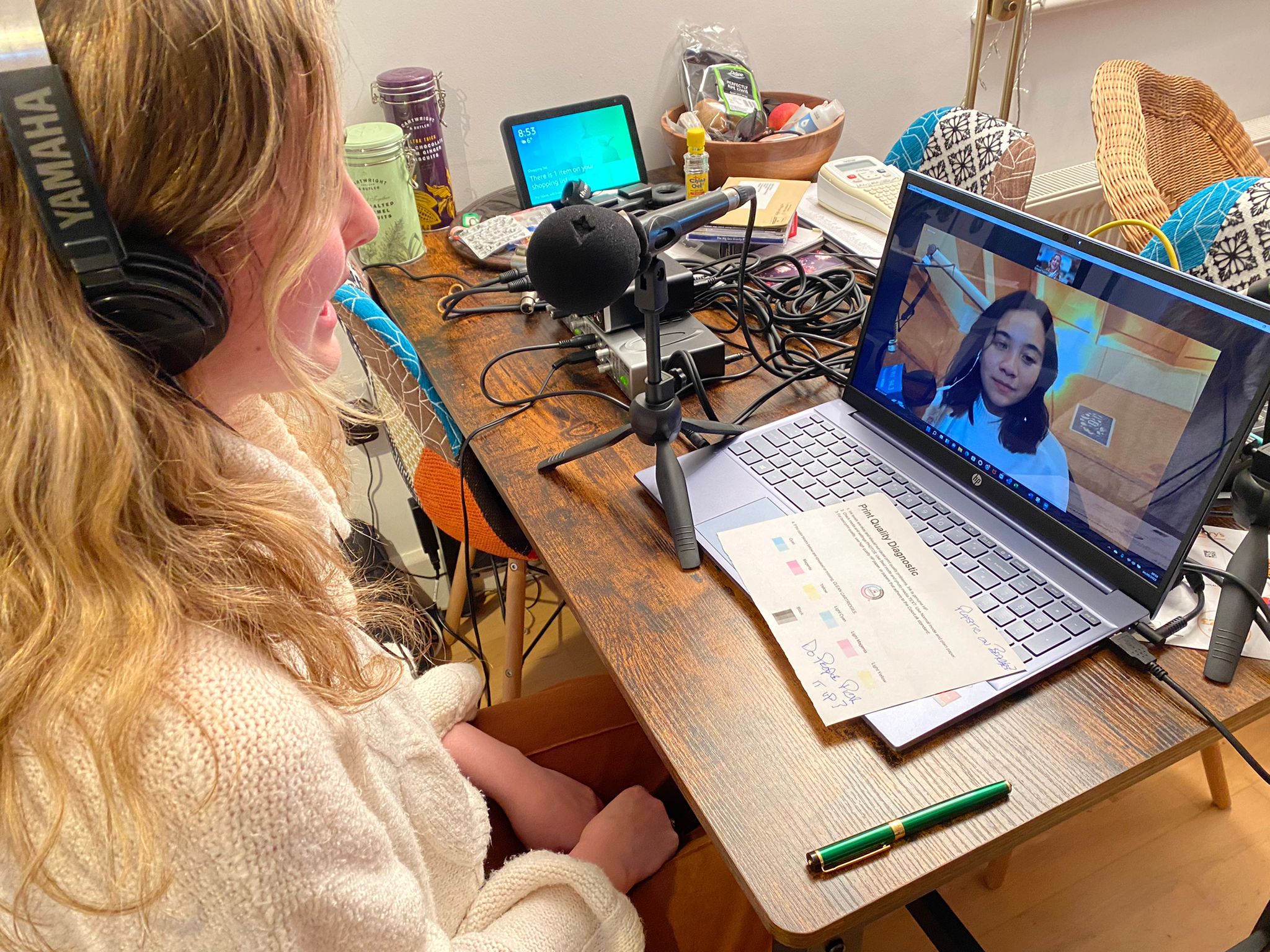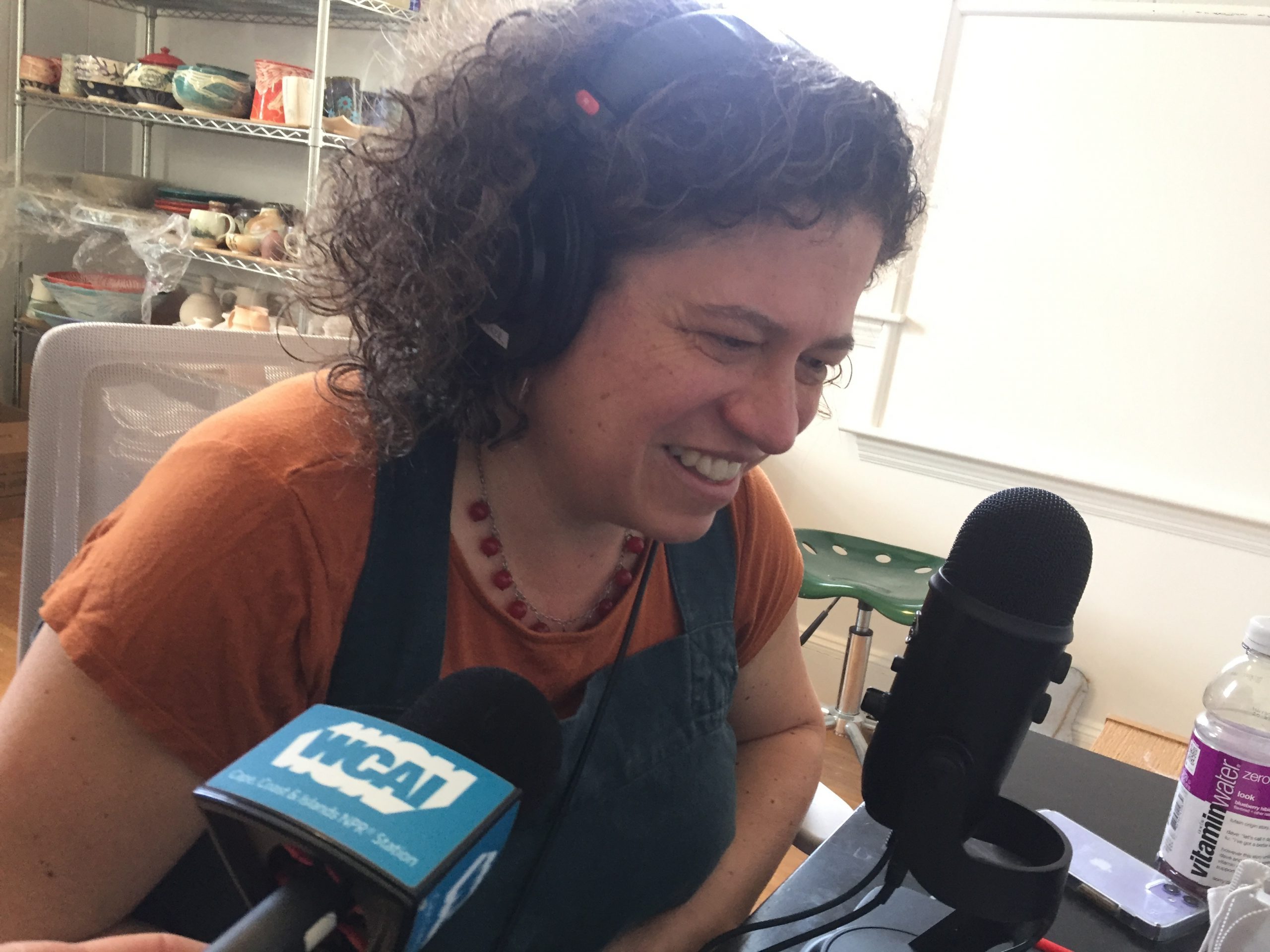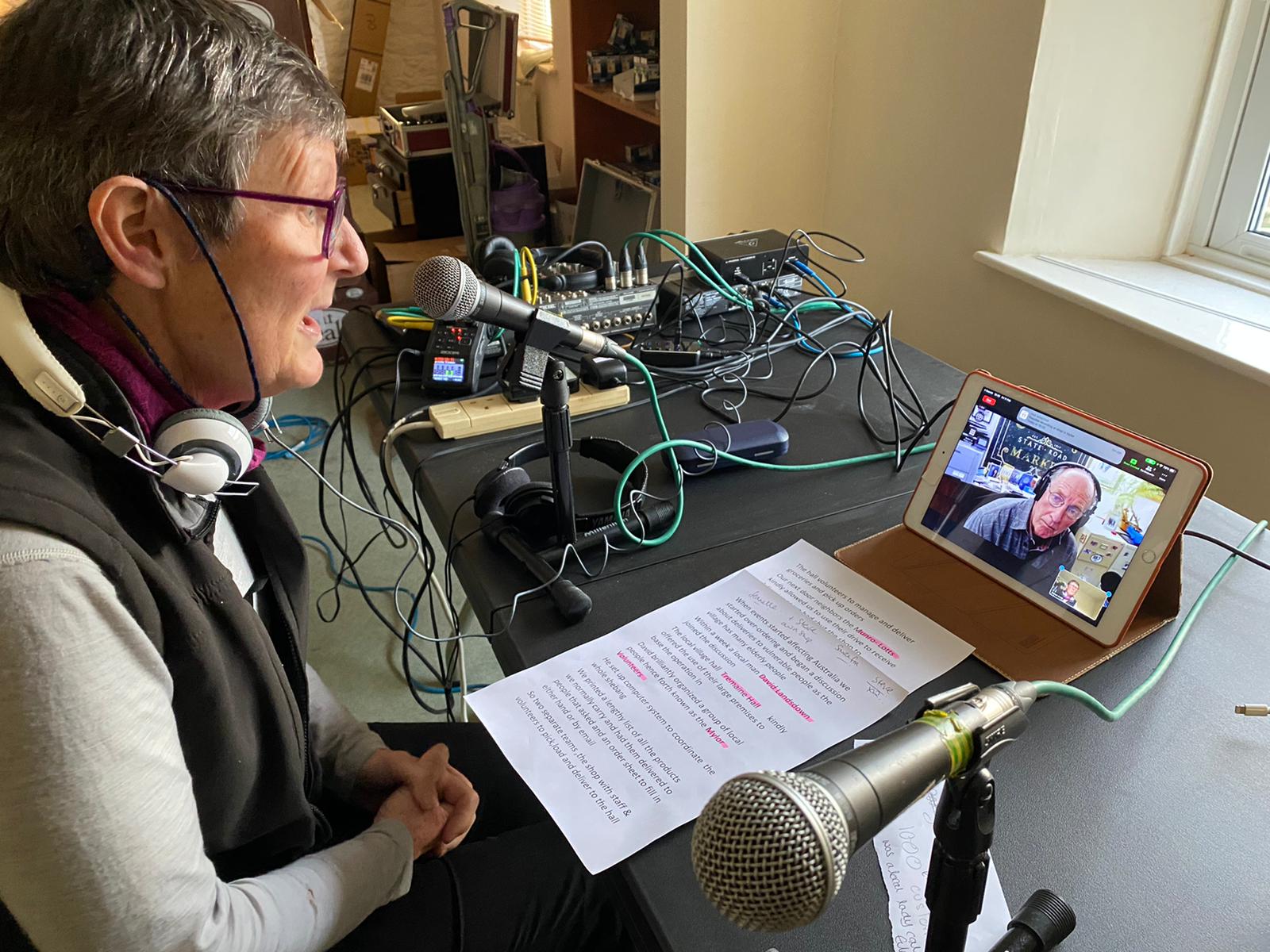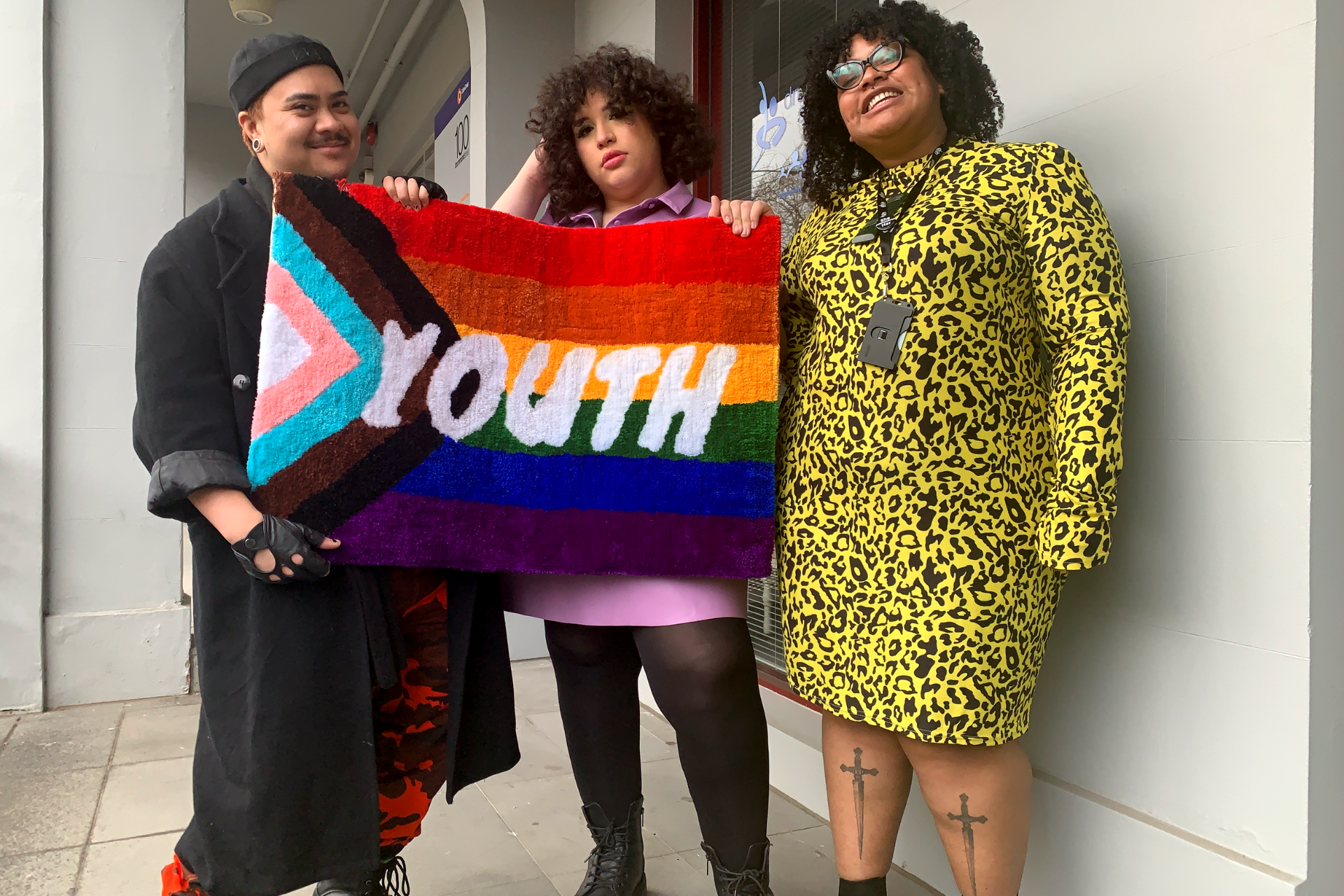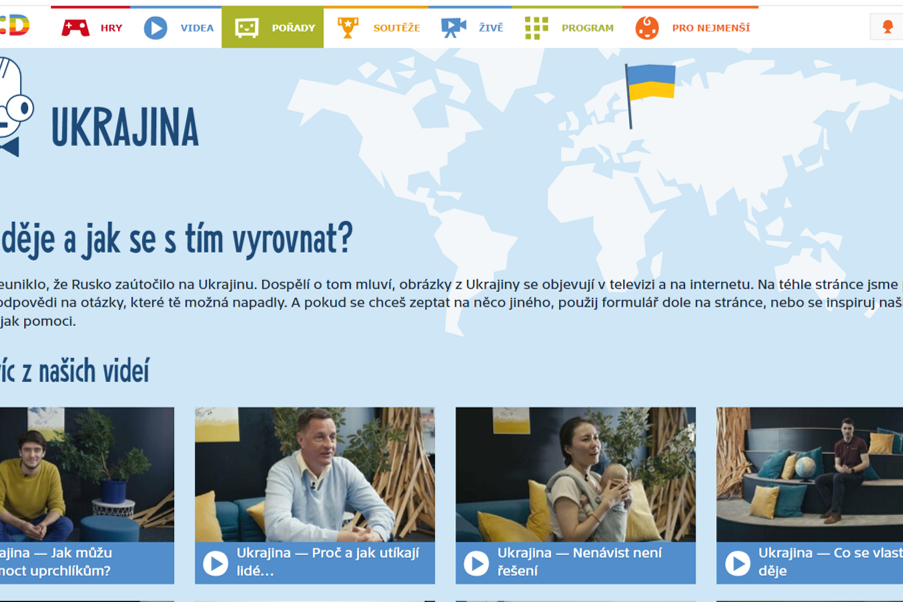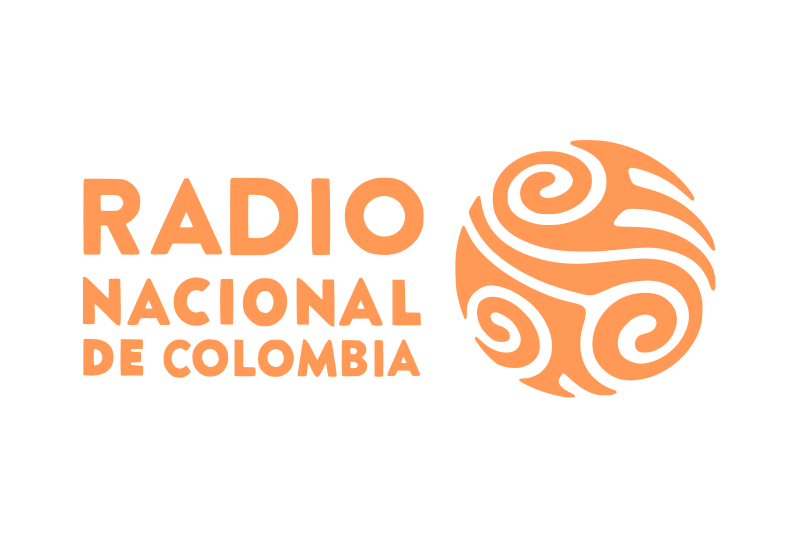PSM INNOVATIONS
From Cornwall to Cape Cod: Collaborative radio project unites coastal stations across Atlantic
10th May 2022
Two radio stations, based on opposite sides of the Atlantic Ocean, have joined forces in an innovative new radio project to produce hour-long programmes of conversations between their communities.
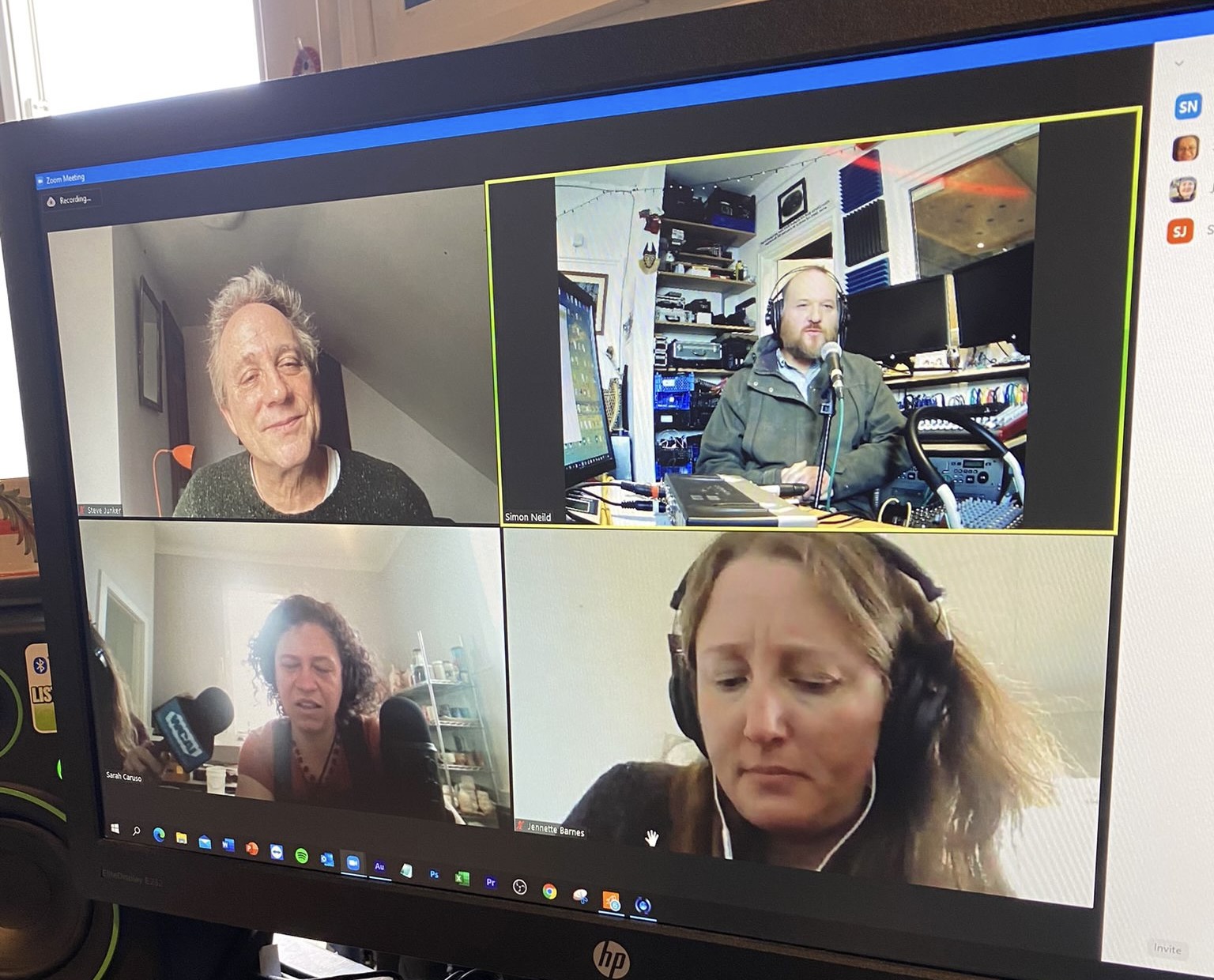
Public radio station CAI and community radio station Source FM may have a large ocean that sets them apart. But besides that, their similarities are bringing them closer together.
The primary link between the two geographically disparate radio stations is that they are both based in towns called Falmouth. CAI serves the Cape Cod area from Falmouth on the south coast of Massachusetts, United States. Meanwhile Source FM, a volunteer-run station, is located in Falmouth, Cornwall in the UK.
But the connection goes beyond the name. Both towns are small, on the coast, and in semi-remote parts of the country. The new collaboration, initiated by Steve Junker, CAI’s Managing Editor for News, aims to share conversations with like-minded people from both sides, covering shared challenges. This could be coastal impacts from climate change and the COVID-19 pandemic, or affordable housing issues and young people moving away.
But the project also aims to shed light on their shared positives, such as the natural beauty in their surrounding areas, farming and engaged communities.
The first episode from the collaboration was broadcast in mid-April, with more episodes in production.
Chloe Howcroft, PMA Research Journalist, discussed the project with Steve Junker.
Chloe Howcroft (CH): Where did the idea come from for CAI and Source FM to join forces in creating content?
Steve Junker (SJ): I work in a small public radio station on Cape Cod. We’re very community focused. And I’m just naturally curious about community radio in other places.
Living in New England, I’ve always known that there are these towns over in England that share names with the towns to which CAI broadcasts. Not just Falmouth, but also Truro, Sandwich, Harwich, Bourne, and on and on. So, I wondered what community radio was like there. Last winter I sent out a few emails to radio people, introducing myself and CAI, saying I was interested in figuring out how we could connect. And by the magic that sometimes guides these things, one of my emails found its way to this little community radio station in the town of Falmouth, in Cornwall, England. And since we’re in Falmouth, in Massachusetts, in the United States, it really did seem like magic.
Simon Neild was the one who answered from Cornwall. And right from the beginning, we got on well. We started having conversations about what a radio collaboration might look like: who could we get on the air, what kinds of things could we talk about – what would be fun to do? And what would make for meaningful radio?
The idea all along was that this would be an experiment. And that gave us permission to try almost anything, really.
I liked the idea that we’re kind of on opposite sides of the mirror: looking at each other, recognizing a lot, but also different. Even our physical locations share that mirror quality: Cornwall and Cape Cod are both peninsulas. Cape Cod looks like a flexed arm, extending east into the Atlantic, while Cornwall is the toe of England, extending westward.
CH: I’m particularly interested that you’re covering the impact of climate change on coastal areas. Why is it important for independent media organisations to be covering this topic?
SJ: At CAI we report a lot on environmental issues, including things like water quality, fisheries, and impacts of climate change. We have a very small newsroom, but it has been a priority to have a full-time reporter covering stories about the environment.
Living on a coastline means you feel environmental changes sooner than people living in other places. We see coastal erosion happening, we see the dire results of nitrogen overloading our ponds and waterways. Simply living in a place as beautiful as Cape Cod means that many people here are going to be attuned to nature, to wildlife, and coastal beauty. And we also have a number of renowned science institutions on Cape Cod doing important work on issues related to the environment and climate change.
And of course, much of the economy in a place like Cape Cod is dependent on maintaining that natural beauty and appeal, which draws huge numbers of tourists each year.
CH: Why is it important for a public media organisation to collaborate with other media organisations?
SJ: One of the missions of public media must be to connect people in meaningful ways. It enlarges our own idea of the world to recognize our experiences in others.
It’s easy to get caught up in the day-to-day news of where we live, here on Cape Cod, and to forget that other people are facing similar problems or having the same types of experiences. Even something as simple as tourist traffic! To learn that Cornwall suffers this problem each summer, much like Cape Cod, made us all groan and laugh at the same time. And between Cornwall and Cape Cod, we both have challenges around the cost of housing, and the proliferation of short-term rentals, and young people moving away… and on and on and on.
But we also share a lot that’s positive, that can be surprising. My favorite part of the conversations we’ve done so far has been when people on either side of the Atlantic recognize the experience of their counterpart, when they burst out laughing in that recognition, or when they say, “Yes, that’s it!”
Purely as audio, there’s something so pleasing about hearing the juxtaposition of these voices: the Massachusetts accent— the Cape Cod accent — together in conversation with the many different UK voices.
And, of course, it’s just fun to experiment, to try something new with radio. We’ve got all this marvelous equipment and technology; we should be trying to use it in fresh new ways.
“One of the missions of public media must be to connect people in meaningful ways. It enlarges our own idea of the world to recognize our experiences in others.” – Steve Junker, Managing Editor, CAI
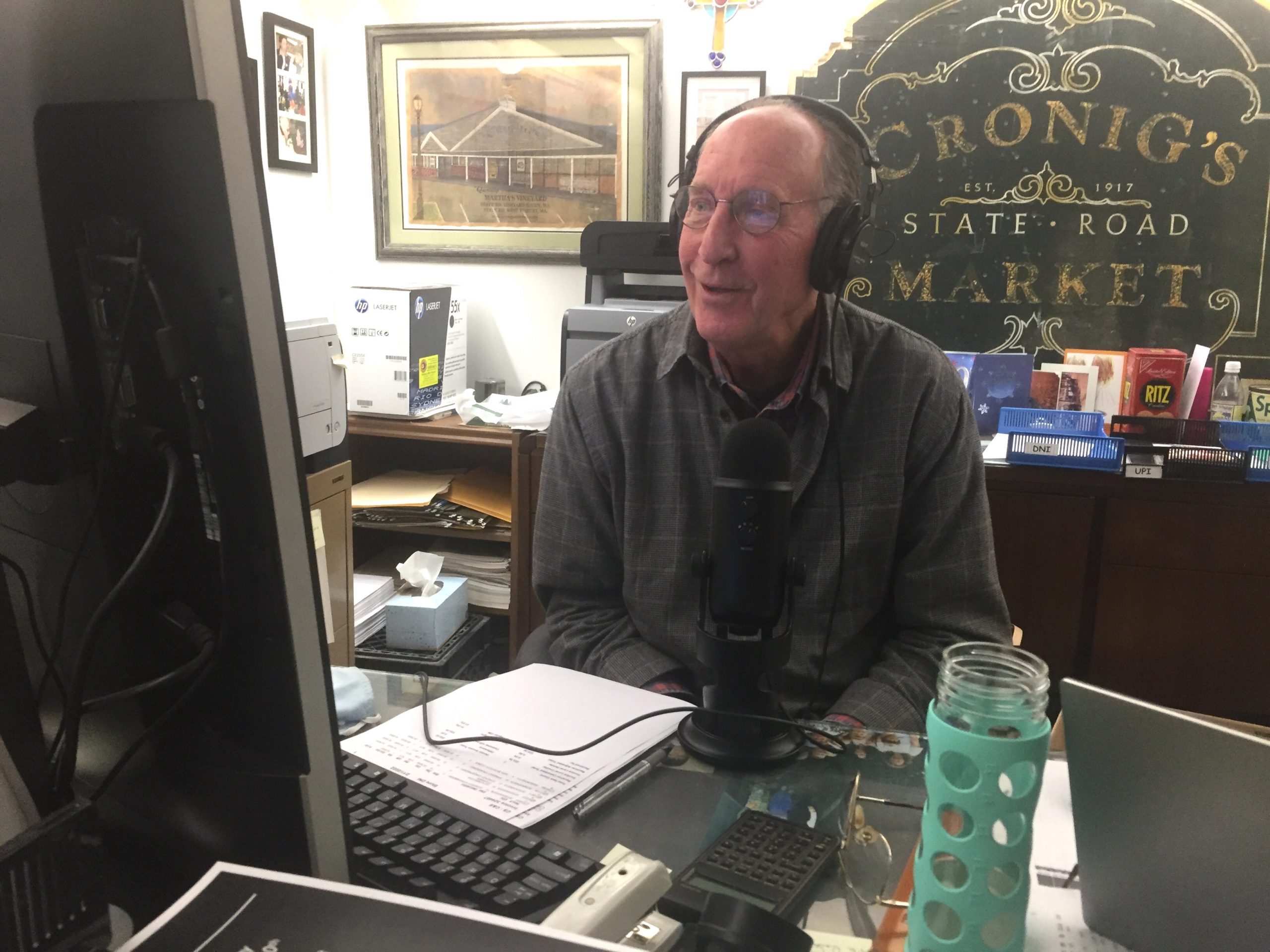
CH: The first one-hour programme debuted on 13th April. How many other episodes can we expect from this project?
SJ: We’re making one program at a time. Right now, we’ve finished the one that just broadcast in mid-April, and we’ve got another one pretty much nailed together. But we’ve got long lists of ideas for people we’d love to talk to and hear from—good conversations across the Atlantic that we’d like to bring to our listeners. And we’re looking for suggestions, too—we’ve asked our listeners to let us know what they’d like to hear.
CH: What else can audiences look forward to regarding this specific collaboration?
SJ: I hope people enjoy listening as much as we enjoy finding the participants for these conversations and putting them together. There are so many ways to imagine this. I’d like to hear children talking to each other across the Atlantic. I’d like to hear police officers from our villages comparing their experiences. I’d like to hear youth social activists. I’d like to hear some of our oldest residents speaking to each other about how the place they live in has changed in their lifetimes. The list just goes on and on!
A project of this nature incorporates many of public media’s core values: citizen engagement and participation, as well as shared knowledge exchange. As Source FM Producer/Presenter, Simon Neild, described, “there is an opportunity for anyone in any walk of life to meet their counterpart on the other side of the Atlantic and chat and share their stories!” In this way, the collaboration aims to inform and connect with publics in creative and innovative ways, using the existing technology and equipment in place to collaborate on content internationally. The beauty of starting small also means that the project has potential to grow and inspire other radio stations to work on similar, collaborative, content-making projects.
“There is an opportunity for anyone in any walk of life to meet their counterpart on the other side of the Atlantic and chat and share their stories!” – Simon Neild, Source FM Producer/Presenter
Over to you...
Does your public media organisation have an innovation that you’d like to share?
Let us know by emailing us at editor@publicmediaalliance.org
Related Posts
19th April 2022
KBS uses “cutting edge technology” in 2022 election coverage
South Korea’s largest and most trusted…
5th April 2022
ABCQueer: Australia’s public broadcaster representing marginalised groups
ABCQueer is the Australian public…
22nd March 2022
Czech Television’s services for children on Russia-Ukraine war
Czech Television has launched a new…
8th March 2022
Colombia’s local radio stations working for peace
In Colombia, local radio stations are…
